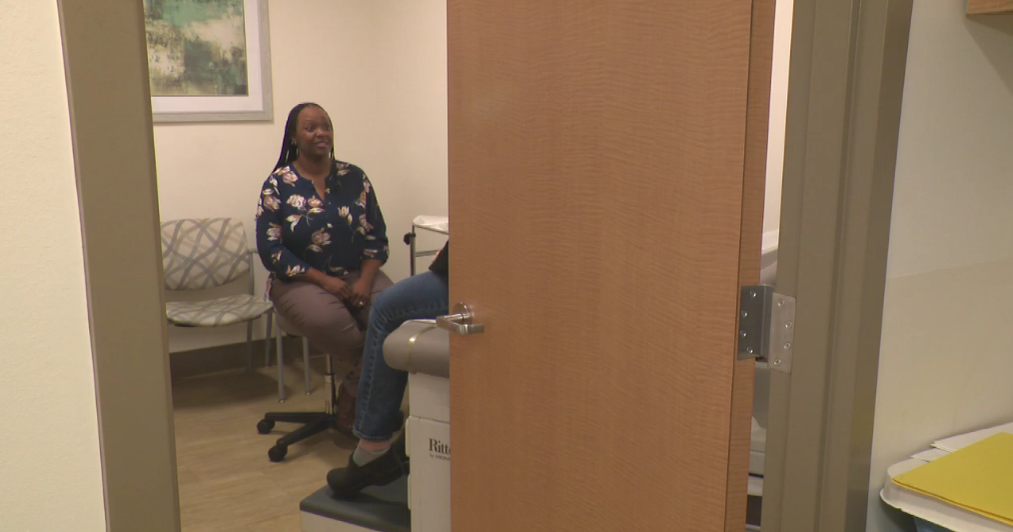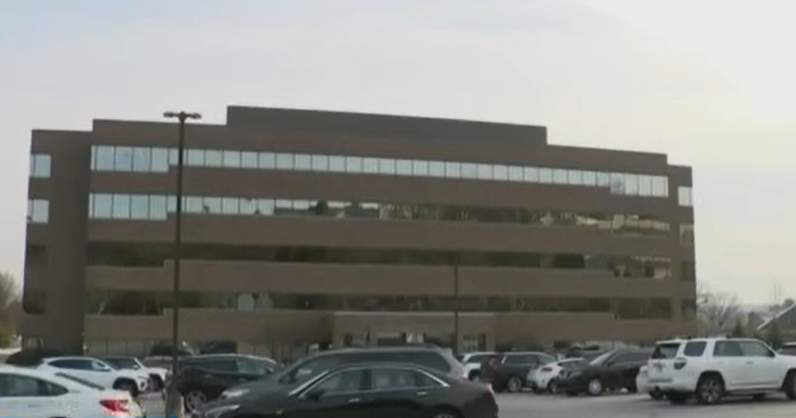Coronavirus Crisis In China To Have Economic Impact On US, Says SMU Global Strategies Professor
DALLAS (CBSDFW.COM) - Across China, coronavirus fears have brought public life to a standstill and that includes the country's many factories.
"I can promise you that mass market retail is thinking 'this is a problem.' Automotive is thinking, 'this is a problem'," says Professor David Jacobson who teaches Global Strategies at SMU's Cox School of Business. "They don't know when those factories will reopen."
He has also lived and worked in China.
Jacobson says the coronavirus scare is collapsing the country's supply chain and the impact will eventually be felt on American store shelves and in our medicine cabinets.
"China controls almost 100% of the generic medications that are prescribed in the United States," says Professor Jacobson. "It's a mind-boggling thing. We abdicated control of our own pharmaceutical's to China. And now if they can't make it, we don't have an alternative place."
The concern is that factories typically idled for the Chinese New Year, won't be able to reopen as more and more cities close roads to curtain travel and to keep the virus at bay.
Millions left the cities prior to the coronavirus scare to return to their homes to celebrate the holiday.
"We've been hearing that we could be closed up to 30 days at my work, then they said it could go up to 60 days," says North Texas filmmaker Justin Muller by phone from Xiangshan, China. "They really don't know right now."
Xiangshan is roughly 600 miles from Wuhan.
Muller says he decided it was safer to stay put rather than fight the crowded airports to try and get a flight out.
"People are not going to work, they're being told to stay home," says Muller. "So the biggest concern is how are we going to get food in about a week when we all start running out."
Muller says store shelves are empty, town entrances are guarded, and warning signs remind everyone to stay indoors.
Meanwhile, Professor Jacobson fears that the extent of the epidemic is far worse than what the world has been told.
"I have almost no confidence that we're getting the whole story," says Professor Jacobson. "British think tanks who work in healthcare, epidemiology, are suggesting that it might be 190,000 to 250,000 people sick," in one province says the professor. "It's an extraordinary amount of people and it will have an extraordinary impact of their economy and on the rest of the world."







